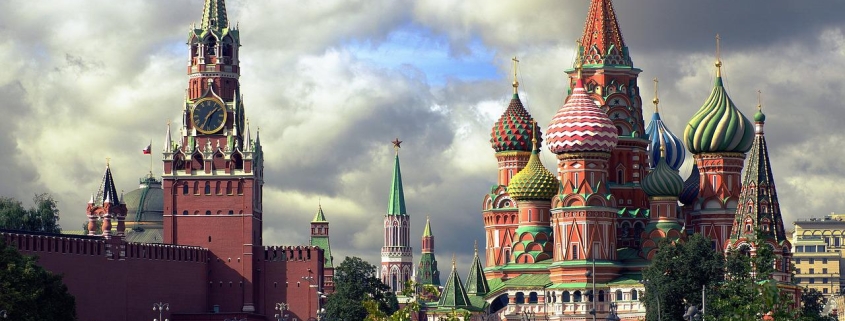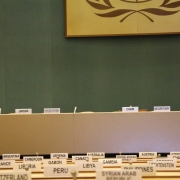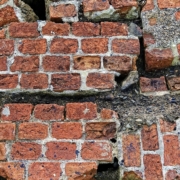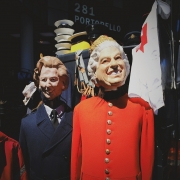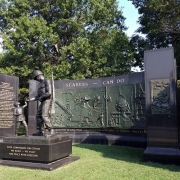What role did Boris Yeltsin play in the collapse of the Soviet Union?
Topic of Study [For H2 and H1 History Students]:
Paper 1: Understanding the Cold War (1945-1991)
Section A: Source-based Case Study
Theme I Chapter 3: End of Bipolarity [Collapse of the USSR and the end of the Cold War]
Cracks within the political system: A failed last ditch attempt
Since 1988, Soviet leader Mikhail S. Gorbachev embarked on ambitious reforms, namely the perestroika and glasnost that reshaped the Soviet system. However, Gorbachev was faced with a problem. Soviet republics began to break away from the USSR, threatening its very existence.
In response, the Soviet leader proposed the New Union Treaty, which was submitted to the Supreme Soviet of the Soviet Union on 23 November 1990. Yet, six of the fifteen Soviet republics (Armenia, Georgia, Moldova, Estonia, Latvia and Lithuania) were determined to declare independence. The remaining nine republics comprised of Russia, Byelorussia, Ukraine, Azerbaijan, Kazakhstan, Kirghizia, Tajikistan, Turkmenia, and Uzbekistan.
Meanwhile, within the Soviet government, Gorbachev faced a bigger threat. Hardline politicians and military officials have begun to lose confidence in Gorbachev’s leadership, thinking that he was on the verge of bringing the Soviet Union to utter ruin. Notably, President Boris Yeltsin commented that the Soviet leader was not working fast enough.
From the outset, members of the elite had held different views about the reforms, with no one sure of the consequences of what they were doing, but some unutterably opposed. By 1989, that elite was split in three ways. […] Another, more conservative group opposed the course of reform. Some of these believed that all sorts of change were wrong, others accepted that some changes was needed but argued that the changes espoused by Gorbachev went too far too fast. […] The third group was headed by Boris Yeltsin, and believed that Gorbachev’s reforms went neither far enough nor fast enough.
An excerpt from “Building an Authoritarian Polity: Russia in Post-Soviet Times” by Graeme Gill.
The August Coup: Yeltsin’s resistance
On 18 August 1991, high-ranking officials that were hard-liners within the government placed Gorbachev under house arrest in Crimea. Although he was pressured to resign, Gorbachev declined to do so. Former vice president Gennady Yanayev came up with an excuse that Gorbachev was ‘ill’, so a state of emergency was declared. Then, the coup leaders (also known as the ‘Gang of Eight’) tried to take control of the government.
The following is a translated excerpt of Yeltsin’s speech in front of the parliament building, in which he denounced the coup and called for a general strike.
Citizens of Russia: On the night of 18-19 August 1991, the legally elected president of the country was removed from power.
Regardless of the reasons given for his removal, we are dealing with a rightist, reactionary, anti-constitutional coup. Despite all the difficulties and severe trials being experienced by the people, the democratic process in the country is acquiring an increasingly broad sweep and an irreversible character.
The peoples of Russia are becoming masters of their destiny. The uncontrolled powers of unconstitutional organs have been considerably limited, and this includes party organs.
An excerpt from President of the Russian republic Boris Yeltsin’s address to the Russian people, 19 August 1991.
In view of these shocking events, Yeltsin stepped up and called on the Russian civilians to oppose the coup. In a historic moment, Yeltsin climbed aboard a tank and spoke through a megaphone. He called the coup a ‘new reign of terror’ and even convinced some of the soldiers to join hands with the civilians to protest the coup. In three days’ time, the coup finally came to an end. Gorbachev was released.
The rise of Yeltsin: A new Russia
On 8 December 1991, Boris Yeltsin, as well as the Presidents of Ukraine and Belarus (Leonid Kravchuk and Stanislav Shushkevich) met to sign an agreement for the dissolution of the Soviet Union. Instead, a new entity known as the Commonwealth of the Independent States (CIS) would form the Russian federation. From then on, Yeltsin would legally become the de facto leader.
The news about Yeltsin’s speech on the top of a tank on the Red Square broke around the world. […] His rival Mikhail Gorbachev returned to his position of President of the weakened Union. But the power was already in the hands of Boris Yeltsin as President of the Russian Republic. He knew how to use power in order to eliminate his rivals. […] However, the better option for Yeltsin would be to dissolve it. The dissolution of the Soviet Union would immediately imply the elimination of the position of the President of the Union and thus the political death of the incumbent Mikhail Gorbachev.
An excerpt from “Global Trends in Eastern Europe” by Nikolai Genov.
What can we learn from this article?
Consider the following question:
– Assess the political factors that have caused the collapse of the Soviet Union in 1991.
Join our JC History Tuition to learn more about the End of the Cold War. The H2 and H1 History Tuition feature online discussion and writing practices to enhance your knowledge application skills. Get useful study notes and clarify your doubts on the subject with the tutor. You can also follow our Telegram Channel to get useful updates.
We have other JC tuition classes, such as JC Math Tuition and JC Chemistry Tuition. For Secondary Tuition, we provide Secondary English Tuition, Secondary Math tuition, Secondary Chemistry Tuition, Social Studies Tuition, Geography, History Tuition and Secondary Economics Tuition. For Primary Tuition, we have Primary English, Math and Science Tuition. Call 9658 5789 to find out more.

